According to a recent article in MIT Technology Review, the widespread use of Chinese-made commercial drones in conflict zones has sparked international security debates. The piece, authored by Zeyi Yang, delves into how DJI, the world’s leading drone maker based in Shenzhen, has become a focal point in discussions about technological supremacy and national security.
DJI’s Market Dominance
DJI currently holds over 90% of the global consumer drone market share. Their drones are widely used for various applications, including:
- Photography
- Surveillance
- Agricultural spraying
- Parcel delivery
However, this market dominance has recently come under scrutiny due to security concerns.
US Legislative Action
On June 14, the US House of Representatives passed a bill that would ban the sale of DJI drones in the United States. The bill is currently under discussion in the Senate as part of annual defense budget negotiations.
The primary concern driving this legislation is the dual-use nature of DJI’s products. While designed for commercial purposes, these drones have found their way onto battlefields for reconnaissance and even as makeshift bombing platforms.
The Shenzhen Advantage
DJI’s success is largely attributed to Shenzhen’s robust manufacturing ecosystem. Sam Schmitz, mechanical engineering lead at Neuralink, reportedly highlighted on X that “China’s industrial base is so deep that every component ends up being a fraction of the cost.”
The Shenzhen municipal government has also played a crucial role by:
- Granting companies more permission for potentially risky experiments
- Setting up subsidies and policy support
- Working with companies to expand drone applications
Battlefield Applications
DJI drones have been used by both sides in the Ukraine-Russia conflict for reconnaissance and bombing. Despite DJI’s public suspension of business in these Countries, the Ukrainian army continues to assemble drones using Chinese-sourced parts.
Global Security Implications
The reliance on Chinese Drone Technology has raised concerns about potential conflicts, particularly regarding Taiwan. A report by the Center for a New American Security (CNAS) analyzed the role of drones in a potential Taiwan Strait conflict, highlighting the challenges Taiwan would face in sourcing drone technology.
Industry Response and Future Outlook
DJI has responded to the proposed US ban, stating that it “suggests protectionism and undermines the principles of fair competition and an open market.”
Meanwhile, Taiwan’s newly elected president, Lai Ching-te, has expressed ambitions for Taiwan to become the “Asian center for the democratic drone supply chain.” However, building a competitive Drone Industry to rival China’s established ecosystem will likely take years, if not decades.
DroneXL’s Take
The global drone industry is at a crossroads, balancing innovation with security concerns. While Chinese manufacturers like DJI have set the bar for affordability and performance, the geopolitical landscape is pushing for diversification in the drone supply chain.
As countries like Taiwan aim to develop their own drone industries, we may see a shift in the global market. However, it’s crucial to remember that competition often drives innovation. The challenge will be maintaining technological progress while addressing legitimate security concerns.
At DroneXL, we believe that responsible drone use and development can coexist with national security interests. As the industry evolves, we’ll continue to monitor and report on these crucial developments that shape the future of commercial and recreational drone technology.
Discover more from DroneXL
Subscribe to get the latest posts to your email.



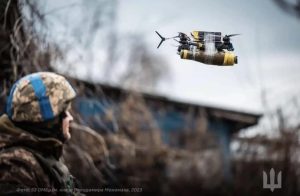


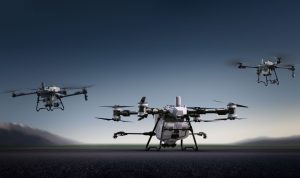
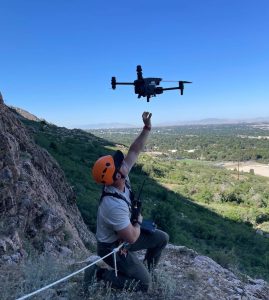
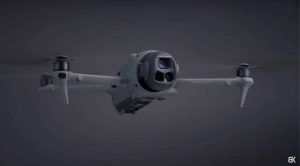
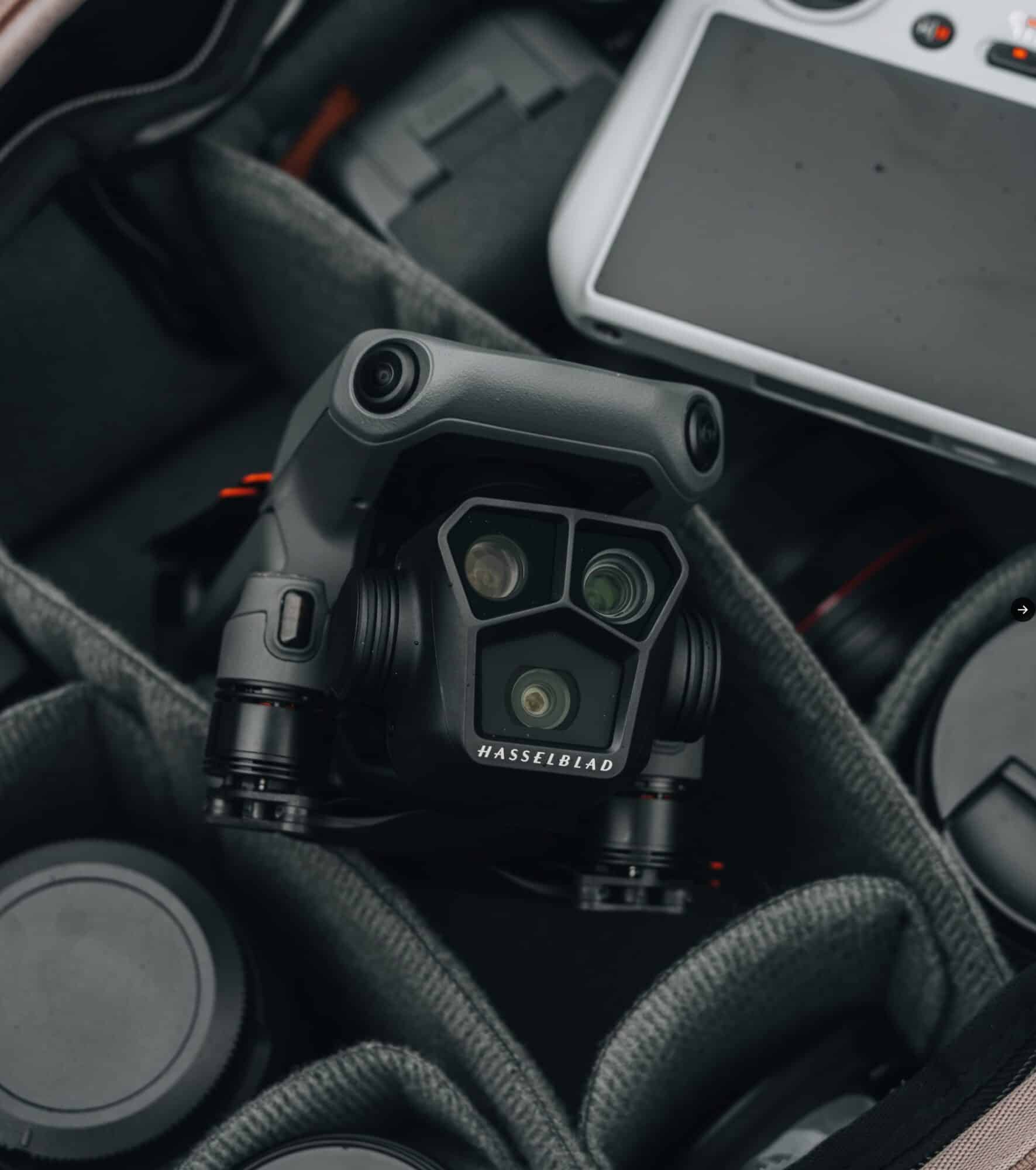





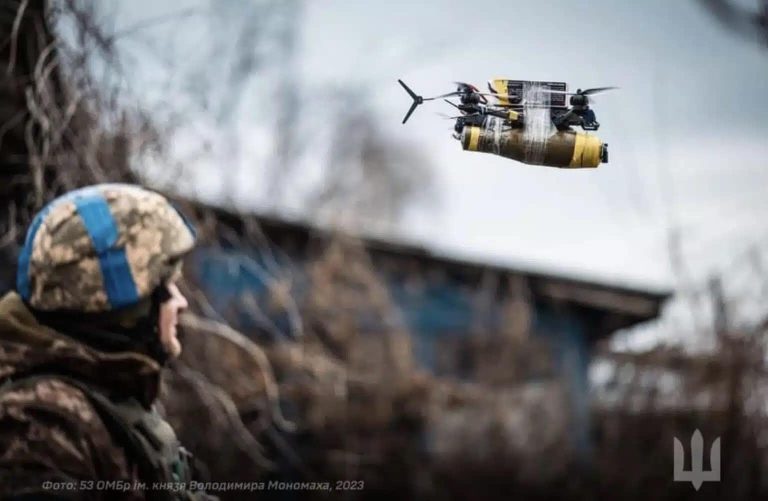


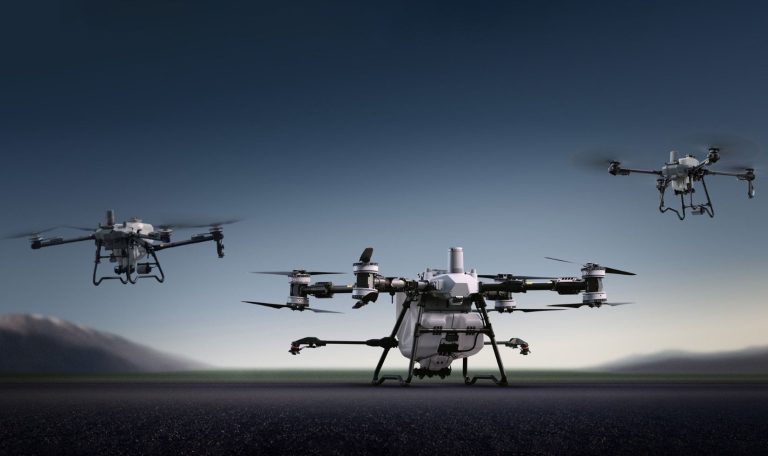
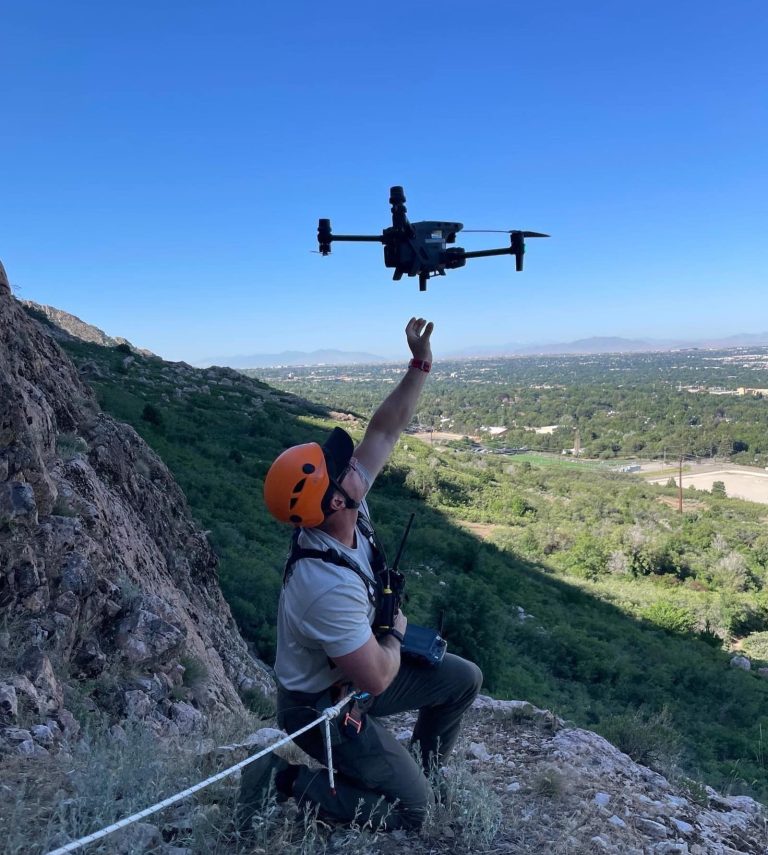
+ There are no comments
Add yours